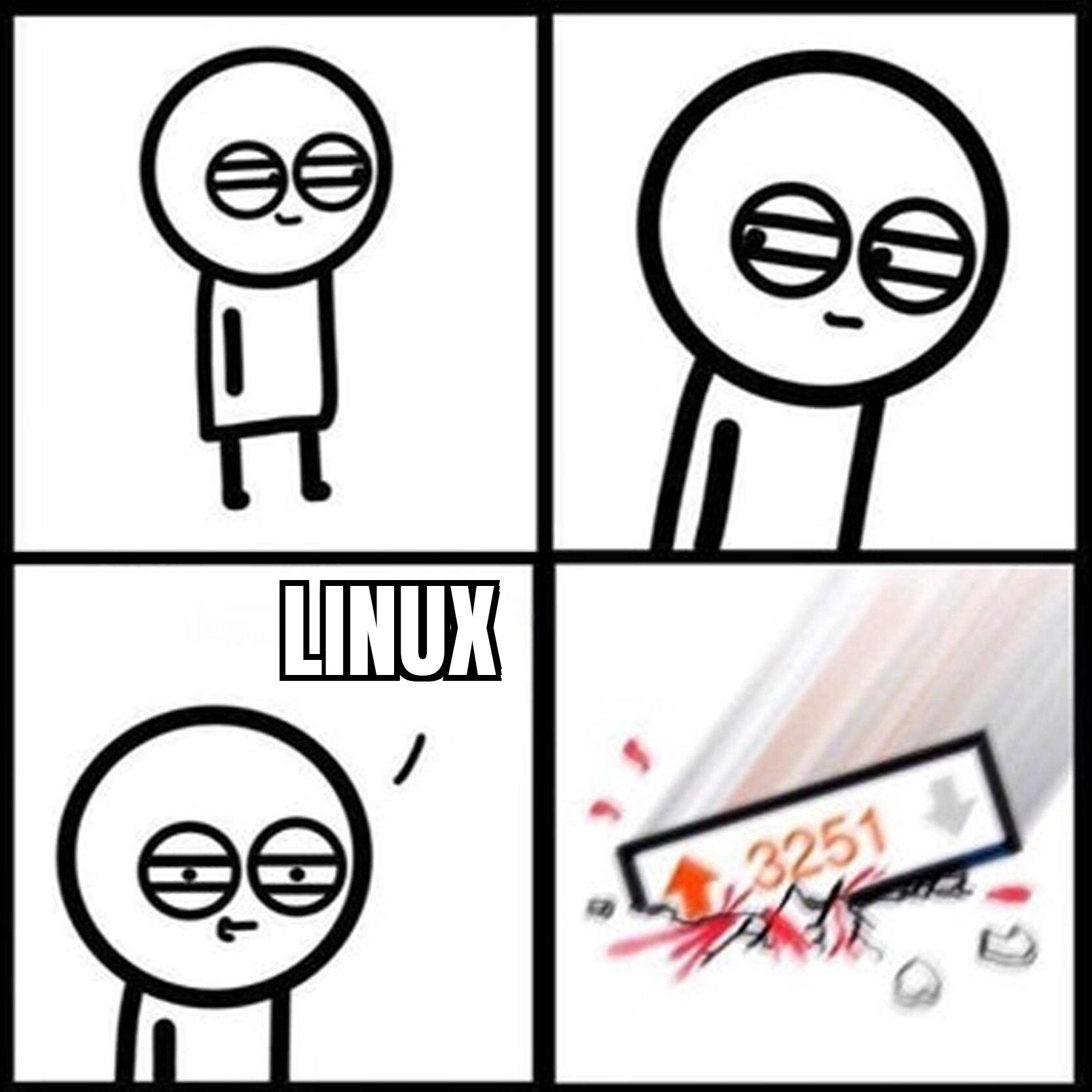So I have a retired but still very serviceable PC that I intend to use as my first home server. I gave two basic goals in self-hosting:
- Host family media through Jellyfin, etc. This would include tv, music, and possibly books as well. Many of these will be managed through the Arr apps.
- Degoogle my phone - I’m beginning by replacing Photos with Immich, but hope to also use Home Assistant, backup other phone data such as messages media, shopping lists, etc. I hope to replace Google storage/backup with Proton Drive.
So the question is what OS should I set up to run that? My proof of concept was an immich container running in xubuntu on an old laptop. I chose Xubuntu because I like the availability of documentation and community support for Ubuntu like distros, but wanted a lower powered alternative for the older device.
It seems to be working well, but I’ve had a few hiccups trying to update it, and I’ve heard that once you get into it, Linux distros like Ubuntu are not very user friendly for self-hosting as a beginner.
So is it better on the whole for a beginner to have a popular distro with lots if documentation and step by step guides, or to have a purpose-built OS like TrueNAS that might be more straightforward, but with less support?

Debian
If you know how to use containers then go for debian as the server OS and run everything you need as containers.
Debian is community based distro, very stable, major updates every few years, ubuntu and other distros use it as a base.
Get familiar with working on the command line, try nano as an easy text editor und use docker compose.
I did not test TrueNAS, I do know the scale version can run containers too, but I do not know how stable ur usable it is. You should go for the classic linux approach with Debian. Much more fun to learn :)
I can only second that. Its basically exactly my setup. Debian as stable base and every service as docker via docker compose. This way your system is stable and your services can upgrade as much as they like.
Only difference is that i use micro as editor. But thats just details.
Agree, except for nano. Micro has a much better interface and even has mouse integration.
Nano is useful because it is everywhere.
There are better editors, but being familiar with nano and it’s shortcuts means you can edit files pretty much anywhere.
Same with knowing the basics of vim (like being able to edit, exit and save)
I’m a beginner currently doing exactly the same thing, plus a but more.
For the server I’m using Proxmox as a hypervisor, which let’s me experiment with various OS’s as I choose. For my phone, I have a pixel with GrapheneOS, which I love.
On a PC? Anything except ChromeOS or Android, I suppose.
I like CentOS, or rather Alma or Rocky now. Very stable, very easy to manage, lots of community support.
OP, CentOS and CentOS Steam are two *very* different beasts, you don’t want Stream.
I wouldn’t go for CentOS either because you’ll have to replace it anyway.
I’m mentioning that because you can download the old CentOS, but like the commenter above me said, you can do Alma or Rocky.
I would go for Debian, but that’s a personal preference.
Rocky now is what Centos used to be, a downstream rebuild of Redhat Enterprise. Cento Stream is now a rolling release and is pretty much RHEL unstable.
deleted by creator
deleted by creator
I like yunohost but I think it is a independent image you install. It might be based on Debian but you start from scratch and don’t add it.
deleted by creator
Interesting, TIL
Thanks




